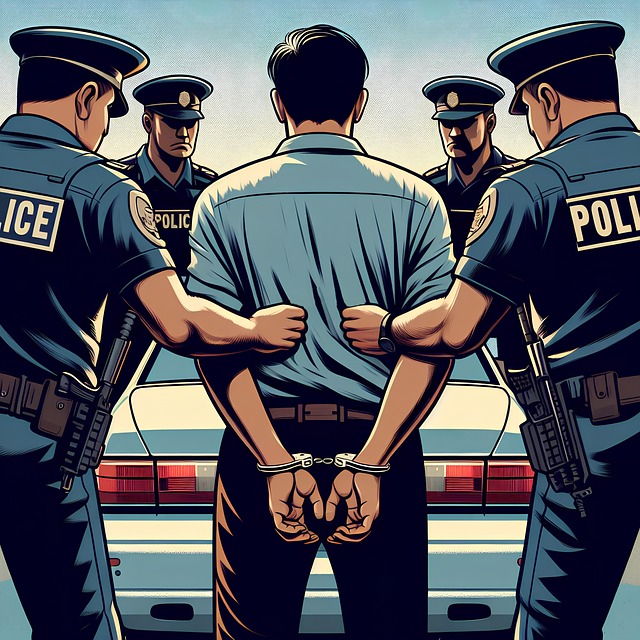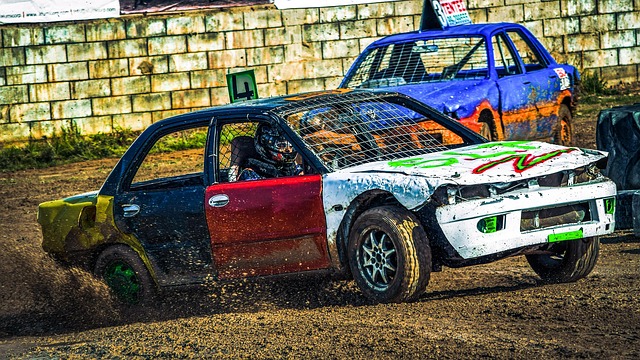Dog owner liability laws hold owners accountable for harm caused by their pets. This includes injuries and property damage, with negligence leading to lawsuits and insurance claims. Caretakers like pet sitters, dog walkers, and trainers also face legal responsibility under these laws, needing adequate insurance and knowledge of local regulations to mitigate risks and avoid disputes.
In many jurisdictions, dog owners are legally responsible for their pets’ actions. But what happens when a dog causes harm while in the care of a third party, like a caretaker or walker? This article explores the expanding realm of dog owner liability, delving into who and what is covered under these laws. We’ll navigate the responsibilities of dog owners, caretakers, and even professional trainers, highlighting the legal implications and potential risks for all involved. Understanding these dynamics is crucial for ensuring safe, responsible pet ownership.
- Understanding Dog Owner Liability Laws
- Who Falls Under Caretaker Responsibility?
- Legal Implications for Dog Walkers and Trainers
Understanding Dog Owner Liability Laws

Dog owner liability laws vary across jurisdictions, but they generally hold dog owners responsible for any harm or damage their pets cause to others. This includes injuries inflicted on individuals or property damage resulting from a dog’s actions. Understanding these legal obligations is crucial for both pet owners and those who interact with dogs, such as caretakers and walkers.
When a dog owner fails to exercise reasonable care in managing their pet, they may face legal consequences. This could include wrongful death suits if a dog attacks and causes severe harm or fatal injuries. Homeowner insurance claims related to dog bites or other incidents are common, and policy coverage can vary significantly among providers. Ensuring that all parties involved understand their roles and responsibilities is essential for minimizing potential risks and facilitating fair client recovery in case of disputes.
Who Falls Under Caretaker Responsibility?

When discussing dog owner liability, understanding who falls under caretaker responsibility is crucial. This includes anyone who has been entrusted with the care or supervision of a dog, beyond just the owner. Typically, this encompasses professionals such as pet sitters, dog walkers, and even neighbors or friends who regularly take care of a dog in the owner’s absence.
The scope of these responsibilities varies but generally involves ensuring the dog’s safety and preventing any potential harm to others. This is particularly relevant when considering incidents like slip and fall accidents involving dogs, which could lead to insurance disputes and accident settlements. Dog owners must be vigilant in selecting and supervising caretakers to mitigate risks and maintain liability coverage.
Legal Implications for Dog Walkers and Trainers

Dog walkers and trainers bear a significant responsibility when caring for someone else’s pet. With an increasing number of people relying on professional services for their canine companions, understanding legal implications is crucial. If a dog under their care causes harm to another person or animal, the consequences can be severe. Dog owner liability laws hold caretakers accountable, and a personal injury attorney may be required to navigate insurance coverage disputes.
These professionals should ensure they have adequate insurance to protect against potential claims of negligence or caregiver abuse. Given the risk of lawsuits and financial repercussions, dog walkers and trainers must stay informed about local laws and regulations pertaining to dog owner liability. Being proactive in managing risks can help safeguard their businesses and the well-being of the dogs in their care.
In understanding dog owner liability, it’s clear that the responsibility extends beyond just the owner. Both caretakers and walkers can be held liable for a dog’s actions if they are entrusted with its care. This is an important consideration for those in the pet industry, ensuring that proper insurance and training are in place to mitigate risks. By recognizing these legal implications, dog owners, caretakers, and walkers can navigate potential liabilities effectively, fostering a safer environment for everyone involved.






